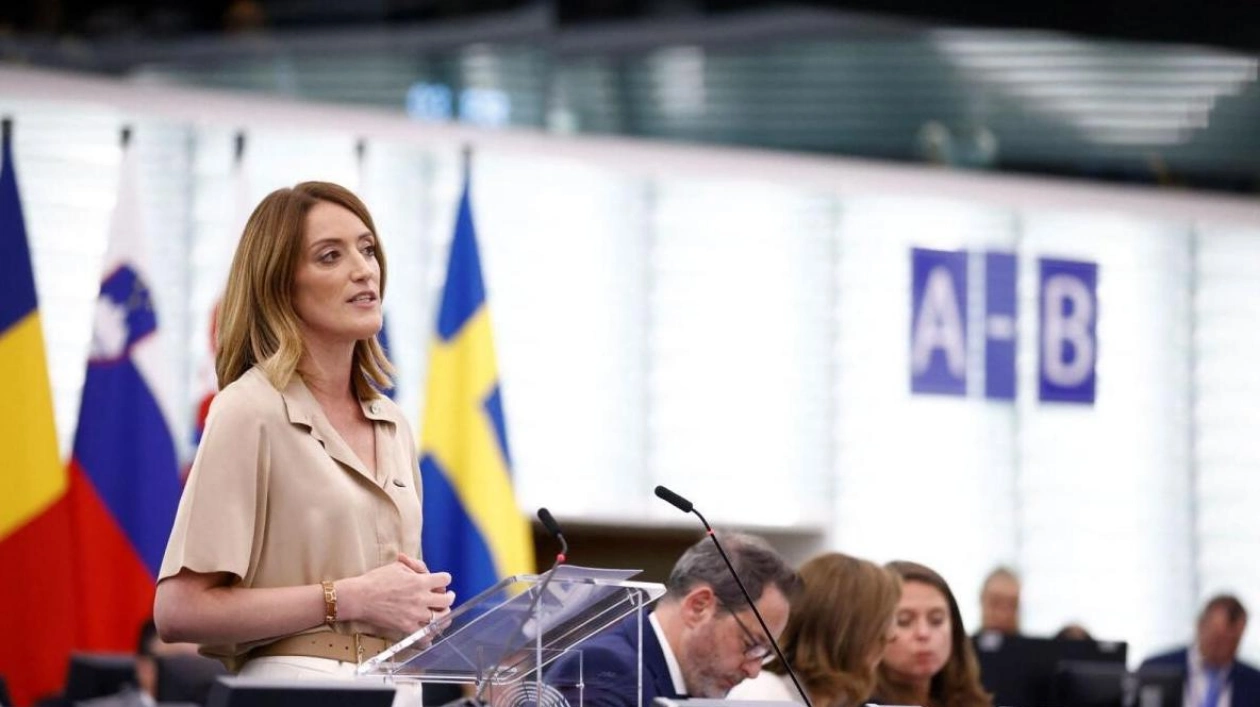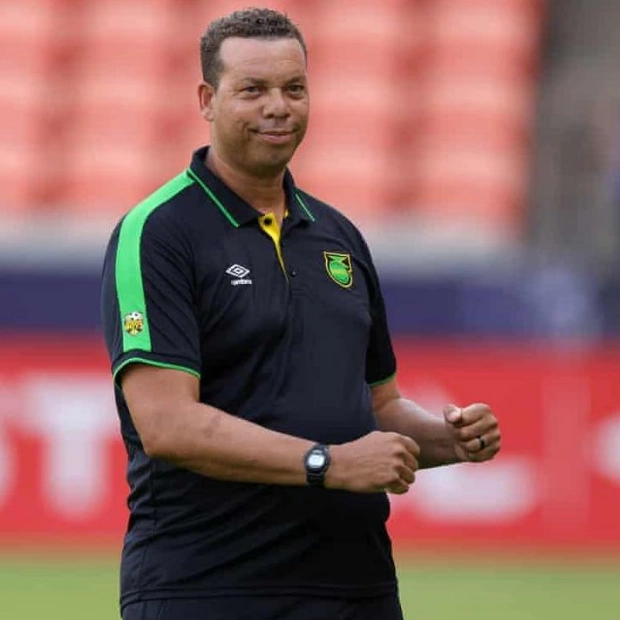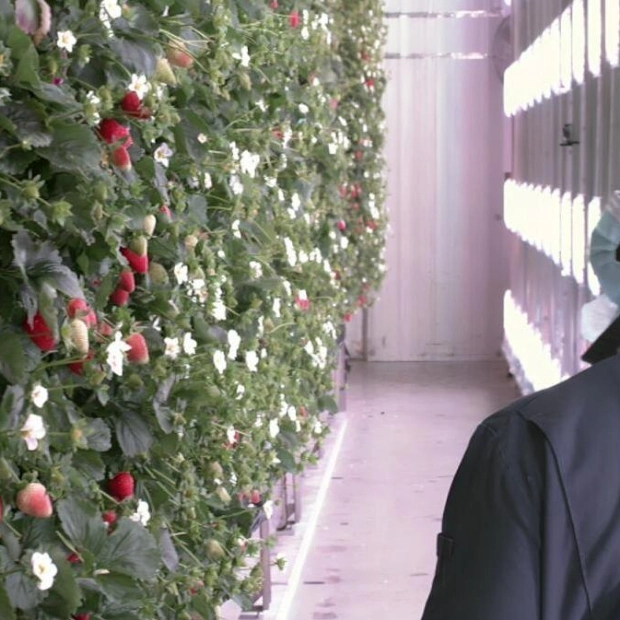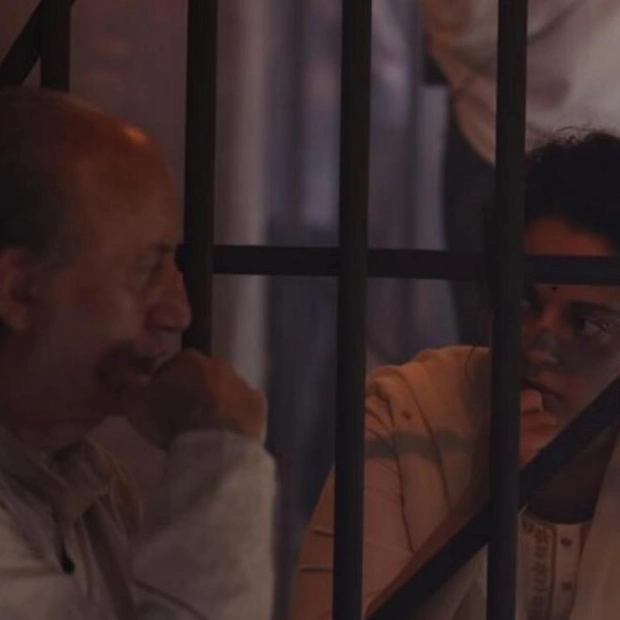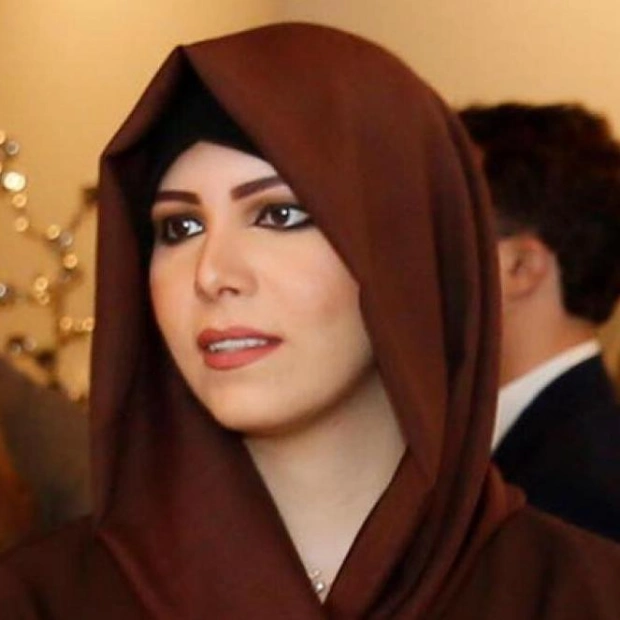Roberta Metsola garnered widespread support for her re-election as president of the European Parliament on Tuesday, marking the first time a woman has secured a second term in this role. Metsola, a Maltese legislator who became the first female president of the EU assembly in two decades in 2022, is only the second president, following Germany's Martin Schulz, to achieve re-election since the EU Parliament transitioned to direct elections in 1979. Metsola received a significant majority of votes from EU lawmakers, with 562 out of 623 voting members endorsing her for another two and a half years as president.
"This institution must be fearless in its leadership and commitment to change. We have made a start, but our journey is not complete," stated Metsola, 45, a member of the center-right European People's Party. In her address to the EU assembly, Metsola emphasized the need for the Parliament to remain a staunch advocate for Ukraine, uphold the rule of law, and acquire the authority to initiate EU legislation. Presently, only the European Commission holds the power to propose new EU laws.
Continuing in her predominantly ceremonial role, Metsola will oversee the 720-member parliament, which is responsible for negotiating and adopting EU legislative proposals and approving the bloc's budget. During her initial term, the rapidly ascending conservative politician earned accolades from her peers for elevating the profile of the EU assembly and her unwavering support for Ukraine. She was the first leader of an EU institution to visit Kyiv after Russia's invasion in February 2022 and has consistently supported Ukraine's efforts to join the EU.
Some EU officials have expressed appreciation for Metsola's skill in uniting centrist parties, forming a formidable force in the EU assembly, particularly after the far-right made significant gains in the recent European elections. The European Parliament is the only EU institution directly elected by the people. Metsola, a mother of four from the EU's smallest member state, entered the EU Parliament in 2013 and rose through its ranks to become its youngest-ever president. She faced scrutiny prior to her initial election due to her stance on abortion, as a legislator from Malta, where abortion is largely prohibited. However, upon assuming the presidency of the EU Parliament, she pledged to represent the assembly's views on sexual and reproductive rights, including access to safe abortions for women.
